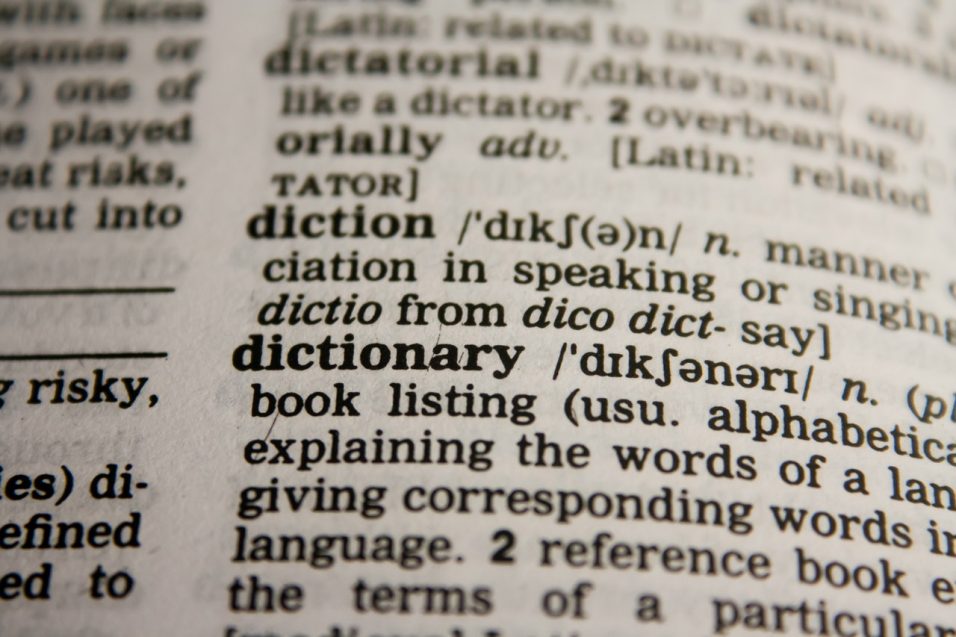Stop Fighting Yourself

One of the biggest mistakes writers make is trying to force themselves to write in ways that run counter to what they really want to be writing about, or which eschew their clears strengths in favor of what they think they’re supposed to be writing.
This comes in two basic forms, one macro and one micro. On the macro side you have moments when you convince yourself you should be writing something other than what your heart wants you to write. Maybe you love writing pulpy, action-packed sci-fi stories but you convince yourself that you need to be writing serious litchure that gets all profound and deep. On the micro side, you’re writing the book you want, but you’re forcing yourself to take an approach or to concentrate on aspects of the story that you think are important, but what you really want to do is just have characters talk to each other, luxuriating in their snappy repartee, or introduce a murder simply because you feel like it.
You know what I’m about to say: Stop fighting yourself.
If You’re Bored Your Book’s Boring
I recently had a writer contact me to ask for advice; they were excited about a book idea, but kept getting lost in the details of their universe instead of actually writing. Often this is because you’re trying to force yourself to write what you ?should’ be writing, instead of what you actually want to write. Sure, you eventually have to get that plot worked out and on paper—but if your brain wants you to work on the details of your universe, give in and do so. There’s no wasted time when it comes to working on any aspect of your novel.
Is there a point where you’re spending too much time on the ancillary stuff? Maybe. Yes, if you’ve been working on a book for five years and have mountains of background info but no actual story you might be overdoing it, but when you find yourself in that situation it’s more likely that you’re fighting yourself in another way—maybe this isn’t the book you want to write in the first place?
I personally believe people find a way to do the things they want, if they have the discretion and freedom to do so. You attend the parties you want to attend and you find excuses for the ones you don’t. So if you’ve been trying to write a book for years but can’t get started; ask yourself if you’re just coming up with excuses because it’s not the story you really want to tell.
My tendency to endlessly discuss novels, of course, is why I don’t get invited to parties any more. That and the tendency to pass out in the bathroom. Don’t judge me; I’m a writer.









